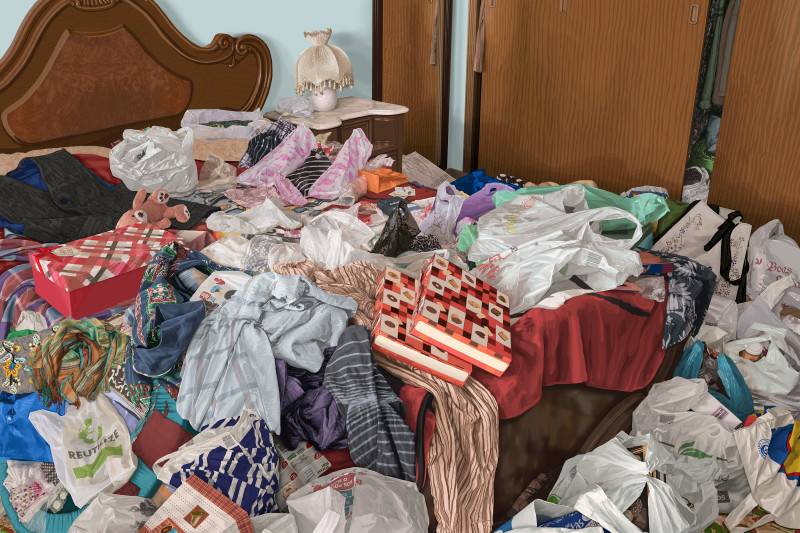
Al-An deSouza will present the third Migrations Visiting Artist Talk, “The Culture of Location,” in conjunction with their current exhibition at the Johnson Museum, Al-An deSouza: Elegies for Futures Past.
DeSouza will discuss the genre of landscape in relation to migration, settlement, and climate change. The title of their talk is a play on The Location of Culture by Homi Bhabha, now a classic of postcolonial theory. DeSouza’s transmedia practice explores the legacies of colonialism through strategies of humor, fabulation, and (mis)translation.
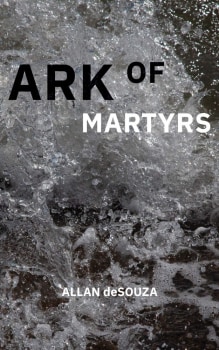
Ark of Martyrs: An Autobiography of V (Sming Sming Books, 2020) is a rewriting — or, in the author’s words, a “polyphonic replacement” — of Joseph Conrad’s 1899 novel, Heart of Darkness. In the vocal traditions of gospel, toasting, and rap, Allan deSouza (Art Practice) substitutes Conrad’s words with ones that loosely rhyme. DeSouza’s resulting text creates a portrait of dystopian contemporary life, replete with unspeakable desires, political antagonisms, and legacies of war.
DeSouza is joined by Lawrence Cohen (Anthropology and South & Southeast Asian Studies). After a brief discussion, they respond to questions from the audience.
The South Asia Art Initiative at UC Berkeley is delighted to present a conversation between sculptor, painter and printmaker, Alwar Balasubramaniam and Atreyee Gupta - Assistant Professor, History of Art Department @ UC Berkeley.
The South Asia Art Initiative at UC Berkeley is delighted to launch Crisis and Creativity: Artists Speak Series, a new speaker series that addresses provocative and generative intersections between creative processes and societal, cultural, and environmental crises. The first event in Crisis and Creativity: Artists Speak Series features a conversation between photographer, multi-media artist, and Professor of Art Practice at UC Berkeley, Allan deSouza and Professor of Social and Cultural Analysis and the director of the Center for the Study of Gender and Sexuality at New York University, Gayatri Gopinath .
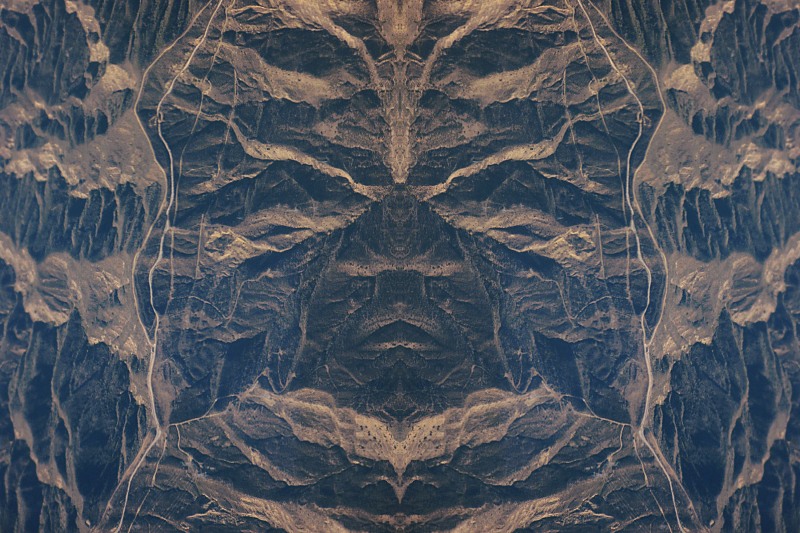
Panel Discussion with Allan deSouza, Schwanda Rountree, Melanee Harvey, & Mel & Juanita Hardy
Smithsonian American Art Museum, Washington, DC, US
Taking as a point of departure her epistolary project Letters to Leena, a series of correspondences to her mixed heritage daughter, curator Jemma Desai and artist Jasleen Kaur present a selection of works from British experimental filmmaker Alia Syed.
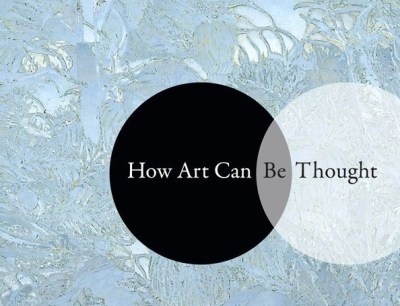
Allan deSouza’s book, How Art Can Be Thought (Duke University Press, 2018), examines how we evaluate if art is good as well as art’s claims to be for the social good. The book provides an extensive analytical glossary of common terms used to discuss art, focusing on their current usage and adapting them to new artistic and social challenges.
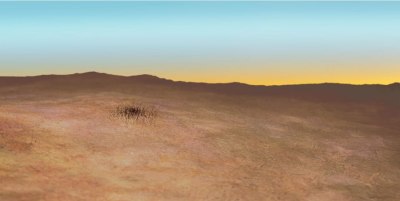
This round table places in conversation three recently published monographs. The scholars discuss how their work approaches questions of aesthetics, visuality, and difference, and what it means to decolonize the practice of making, displaying, thinking, and writing about art.
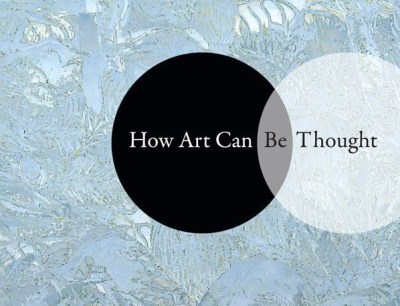
Artist and writer Allan deSouza speaks with James Voorhies, CCA Chair of the Graduate Program in Curatorial Practice, about his recent publication How Art Can Be Thought: A Handbook for Change, which examines the popular terminology through which art is discussed, valued, and taught.
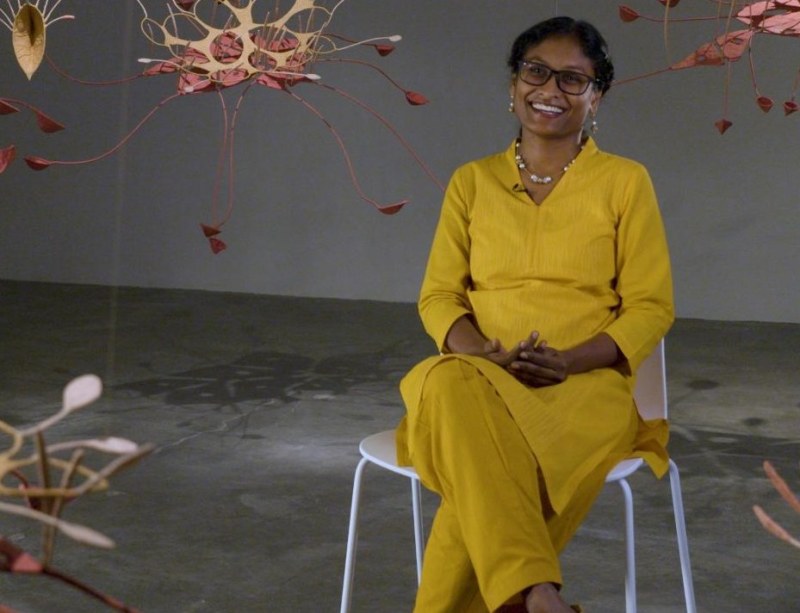
"Can nature's fragility be perceived?" Ranjani Shettar on her installation Seven ponds and a few raindrops
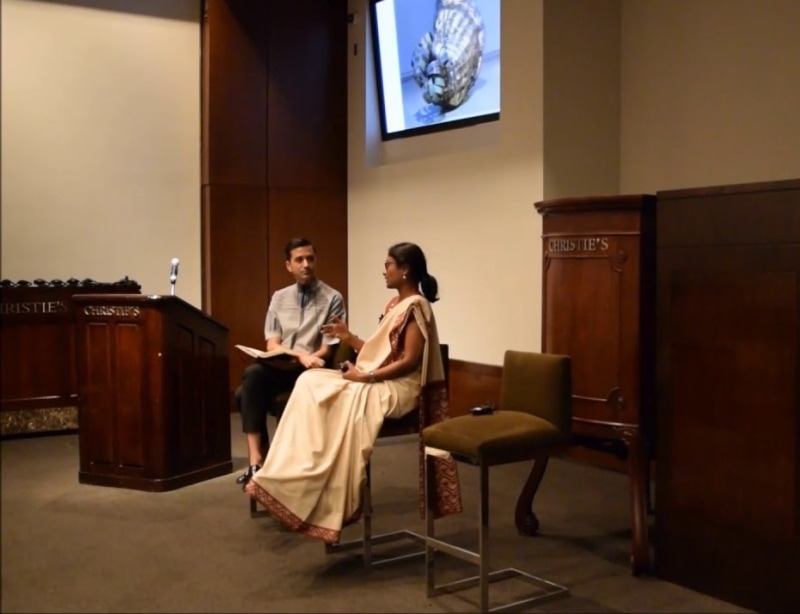
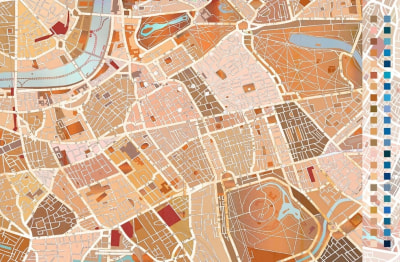
Artworks are commonly viewed as stand-ins for the artist, as the truth of the artist’s interiority manifested in material objects. Allan deSouza will consider his own work through this desire for “truthiness,” what possibilities there are for artistic doppelgangers and fictional stand-ins, and what roles they might serve in an era of “fake news.”
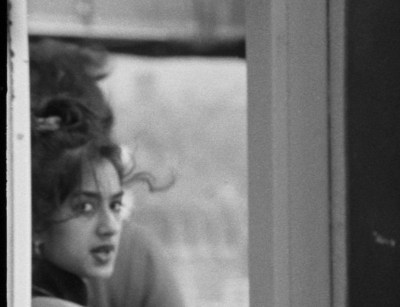
Making films since 1986, acclaimed artist Alia Syed’s recent works combine her interest in storytelling with a compelling presentation of history as visual narrative. Her unique approach connects different subjective positions in relation to culture, diaspora, and location.
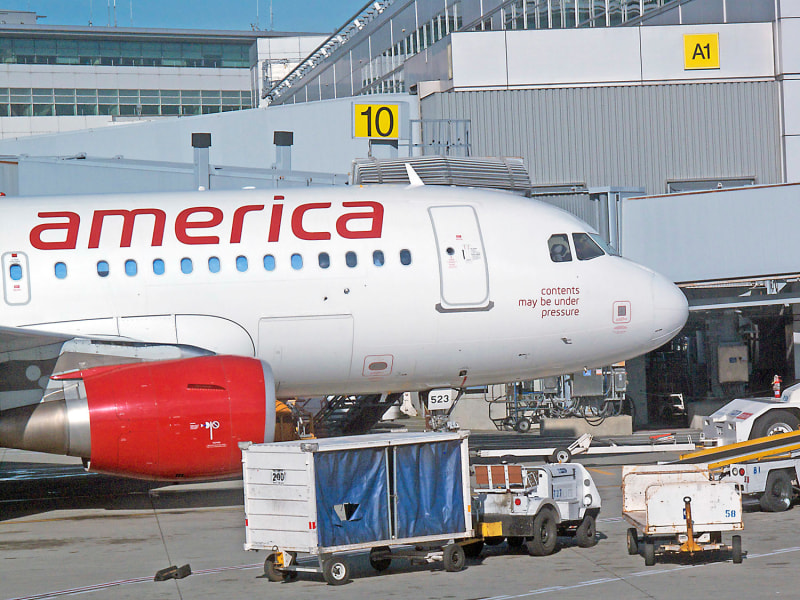
For the 2016 Phillips Collection—University of Maryland International Forum, leaders across disciplines will discuss artistic and curatorial approaches to visual narratives of migration and immigration.
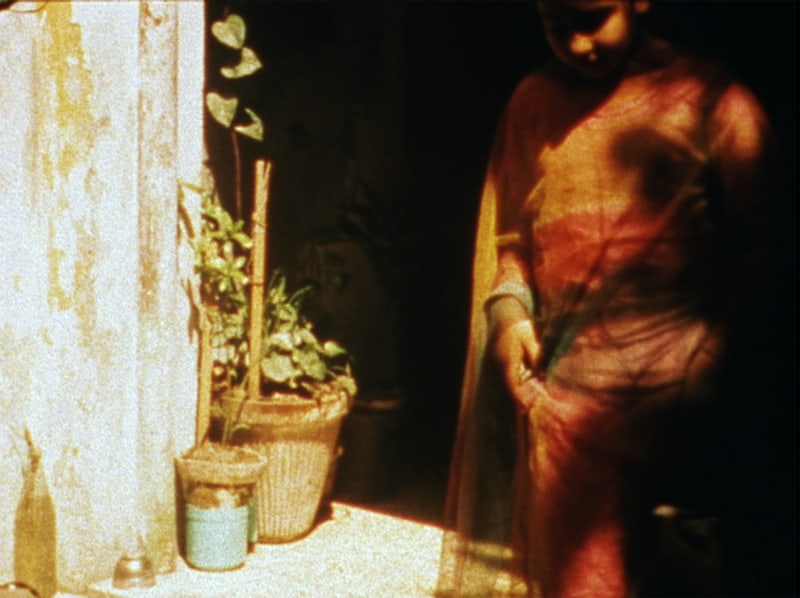
Alia Syed made her early 16mm films at the London Film-Makers’ Co-operative in the mid 1980s, using the Co-op’s optical printer as a means to explore issues of identity and representation. Her films draw from personal and historical realities in order to address gender, location, diaspora and colonial memory.
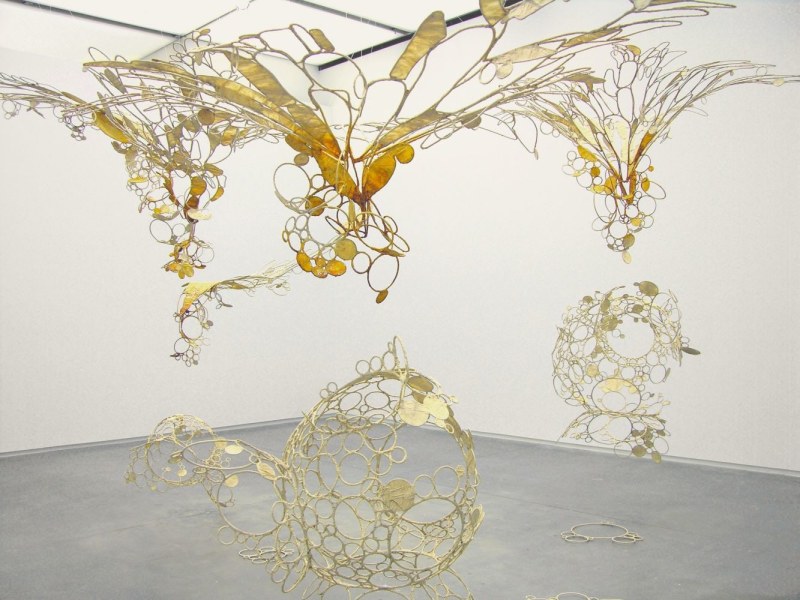
Indian artist Ranjani Shettar discusses how her sculpture is a concrete version of her experiences ‐ those transient feelings and environments that exist purely because of perceptions.
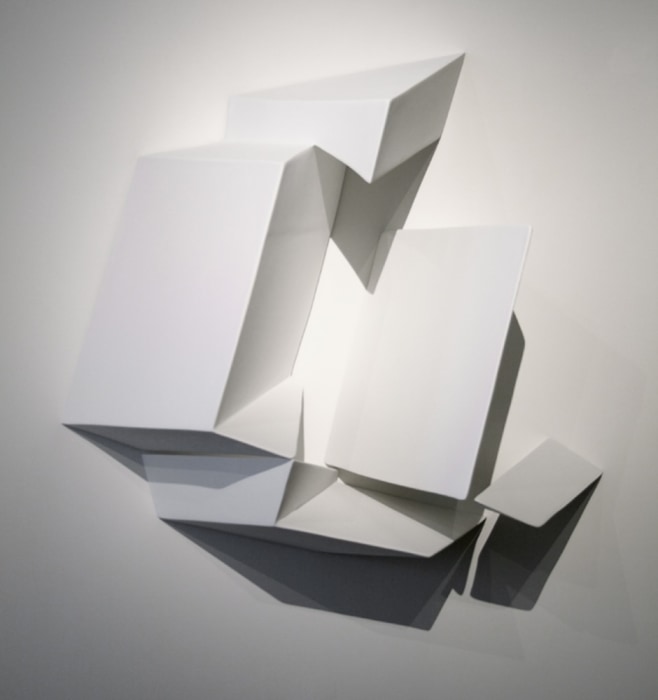
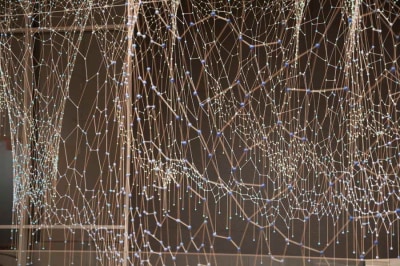
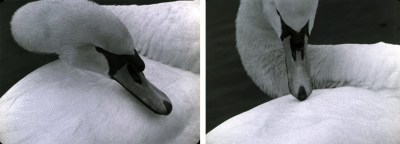
For an experience of contemporary South Asian art different in look and tone from that in "Edge of Desire: Recent Art in India" at the Asia Society and the Queens Museum of Art, try this small group show of eight artists from Talwar's stable.